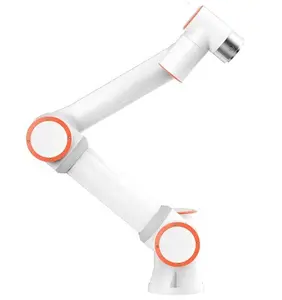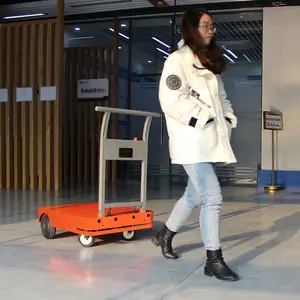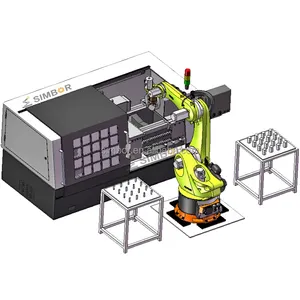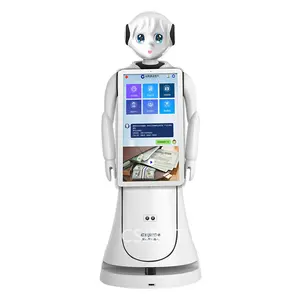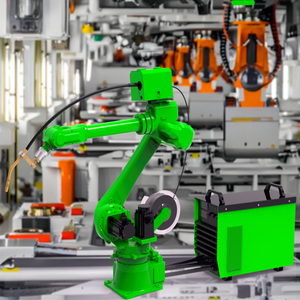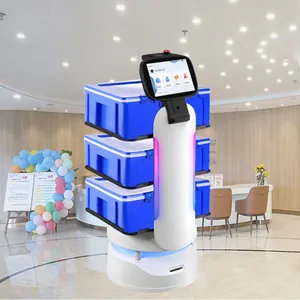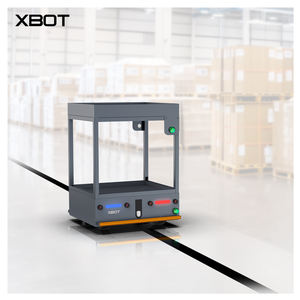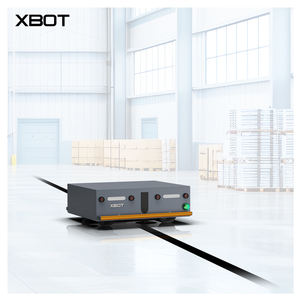Tesla Factory Robot








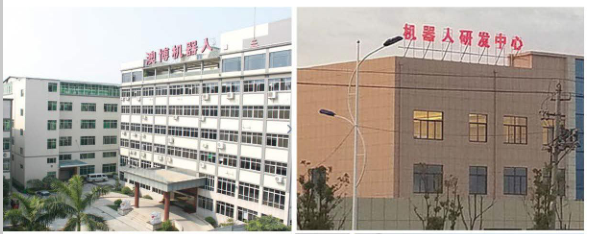













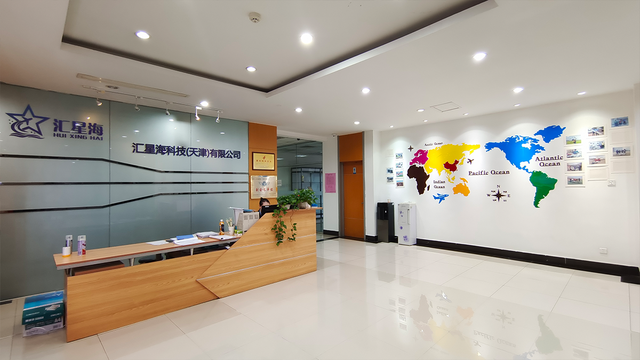



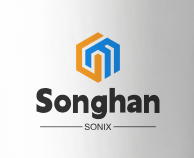







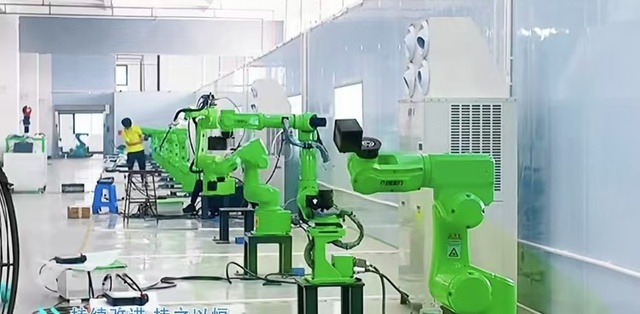

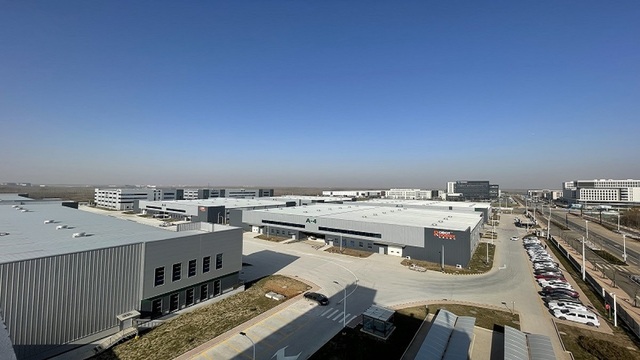

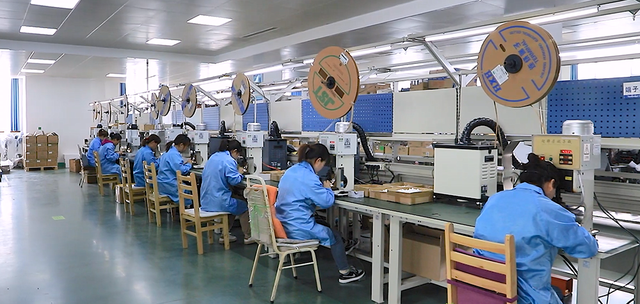

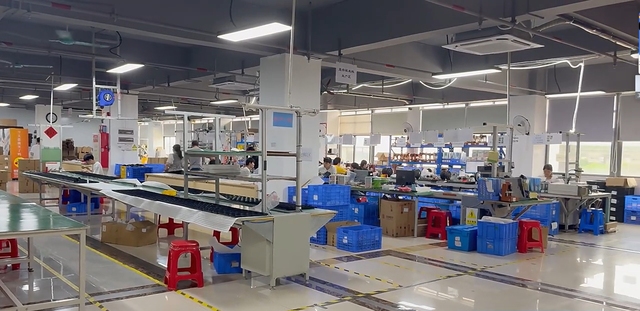
About tesla factory robot
Where to Find Tesla Factory Robot Suppliers?
China leads global production of industrial and commercial robotics, with key manufacturing clusters in Guangdong, Shanghai, and Anhui provinces. These regions host vertically integrated supply chains combining precision engineering, electronics assembly, and AI-driven software development. Guangdong specializes in intelligent service robots, leveraging Shenzhen’s advanced tech ecosystem for rapid prototyping and IoT integration. Shanghai’s industrial base focuses on logistics and delivery automation, supported by mature AGV (Automated Guided Vehicle) component suppliers. Anhui has emerged as a hub for humanoid robotics, with dedicated R&D centers advancing bipedal mobility and human-robot interaction.
Suppliers in these clusters benefit from localized access to servo motors, lithium batteries, LIDAR sensors, and CNC-machined structural components, reducing material lead times by 20–30%. Average factory areas exceed 5,000m², enabling scalable production runs. Buyers can expect standard order fulfillment within 30–45 days, with customization capabilities for payload capacity, navigation systems, and interface programming. Cost advantages range from 25–40% compared to Western manufacturers due to lower labor costs and streamlined regulatory pathways for export.
How to Choose Tesla Factory Robot Suppliers?
Procurement decisions should be guided by rigorous supplier evaluation protocols:
Technical Compliance & Certification
Verify adherence to international safety and performance standards, including CE marking for European markets and RoHS compliance for hazardous substance restrictions. For industrial applications, confirm robot safety certifications such as ISO 10218 (industrial robots) or IEC 62933 (for autonomous mobile robots). Request documentation on motor efficiency, battery cycle life, and obstacle detection accuracy—critical for deployment in dynamic environments like smart factories.
Production and R&D Capacity
Assess core competencies through the following indicators:
- Minimum 10% workforce allocation to R&D, particularly in AI navigation, voice recognition, and cloud connectivity
- In-house design and assembly of robotic chassis, sensor arrays, and control systems
- Monthly output capacity exceeding 200 units for high-volume procurement stability
Cross-reference product listings with verified transaction volumes and on-time delivery rates above 90% to validate scalability.
Transaction Security & After-Sales Support
Utilize secure payment mechanisms such as escrow services until final inspection. Prioritize suppliers offering remote diagnostics, firmware updates, and spare parts availability. Evaluate response time metrics (target ≤4 hours) and reorder rates as proxies for customer satisfaction. On-site audits or virtual factory tours are recommended to verify automation lines and quality control checkpoints.
What Are the Best Tesla Factory Robot Suppliers?
| Company Name | Location | Main Products | Online Revenue | On-Time Delivery | Avg. Response | Reorder Rate | Key Offerings |
|---|---|---|---|---|---|---|---|
| Anhui Gongboshi Tech. Co., Ltd | Anhui, CN | Humanoid Robots, Reception Robots, Cleaning Robots | Not disclosed | 100% | ≤21h | Not available | High-end humanoid robots ($125k+), multi-functional service platforms |
| Guangdong Exhibition Hall Intelligent Equipment Co., Ltd. | Guangdong, CN | Commercial Robots, Delivery Robots, Greeter Robots | US $20,000+ | 71% | ≤1h | 50% | Mid-range autonomous greeters ($68k), all-weather indoor/outdoor models |
| Shenzhen Era Automation Co., Ltd. | Shenzhen, CN | Collaborative Robots, Industrial Handling Robots | US $350,000+ | 100% | ≤2h | 25% | 6-axis collaborative arms ($3.6k–$17.9k), automotive handling systems |
| Guangzhou Aobo Robot Technology Co., Ltd. | Guangzhou, CN | Delivery Robots, Reception Robots, Disinfection Robots | Not disclosed | Not available | ≤4h | 100% | Budget delivery units ($4k–$7.8k), programmable OEM solutions |
| Shanghai Mi City Industrial Co., Ltd. | Shanghai, CN | AGV Robots, Warehouse Carrying Robots, Humanoids | US $370,000+ | 100% | ≤2h | 15% | Low-cost humanoid ($3.7k), heavy-duty 150kg payload AGVs ($4.9k–$5.8k) |
Performance Analysis
Anhui Gongboshi stands out for premium humanoid robotics with full 100% on-time delivery, though response times lag behind southern counterparts. Shenzhen Era Automation and Shanghai Mi City demonstrate strong operational reliability (100% on-time delivery) and robust production capacity, ideal for industrial automation contracts. Guangdong Exhibition Hall offers competitive reorder rates (50%) and sub-hour responsiveness, indicating agile customer service. Guangzhou Aobo achieves a perfect 100% reorder rate despite limited delivery data, suggesting high end-user satisfaction for commercial deployment. Buyers seeking cost-effective AGVs should prioritize Shanghai-based suppliers, while those requiring advanced humanoids may consider Anhui or Guangdong vendors with proven AI integration.
FAQs
How to verify Tesla factory robot supplier reliability?
Cross-check certifications (CE, ISO) with official registries. Request test reports for navigation accuracy, load endurance, and battery performance. Analyze transaction history, focusing on consistent on-time delivery and post-sale support responsiveness. Conduct video audits of production lines to confirm in-house manufacturing versus reselling.
What is the typical MOQ and lead time?
Most suppliers offer MOQs of 1 set, facilitating pilot deployments. Standard lead times range from 25–40 days post-payment. Complex humanoid or custom-payload robots may require 50–60 days for assembly and calibration.
Can suppliers customize robots for smart factory integration?
Yes, many offer API access, ROS (Robot Operating System) compatibility, and PLC interfacing. Customization includes RFID scanning, conveyor synchronization, and MES/SCADA system integration. Development timelines average 3–5 weeks for software adaptation and 6–8 weeks for hardware modifications.
Do suppliers provide technical training and after-sales service?
Reputable vendors include remote setup assistance, user manuals, and troubleshooting guides. Some offer on-site technician dispatch (at additional cost) and firmware update subscriptions. Confirm SLAs for repair turnaround and spare parts availability before contract signing.
Are there cost differences between AGV and humanoid robot suppliers?
Significant disparities exist: AGVs and delivery robots range from $3,900–$6,800 per unit, while humanoid models vary from $3,700 for basic versions to over $125,000 for advanced AI-equipped systems. Price correlates with degrees of freedom, sensor suite complexity, and autonomy level.














